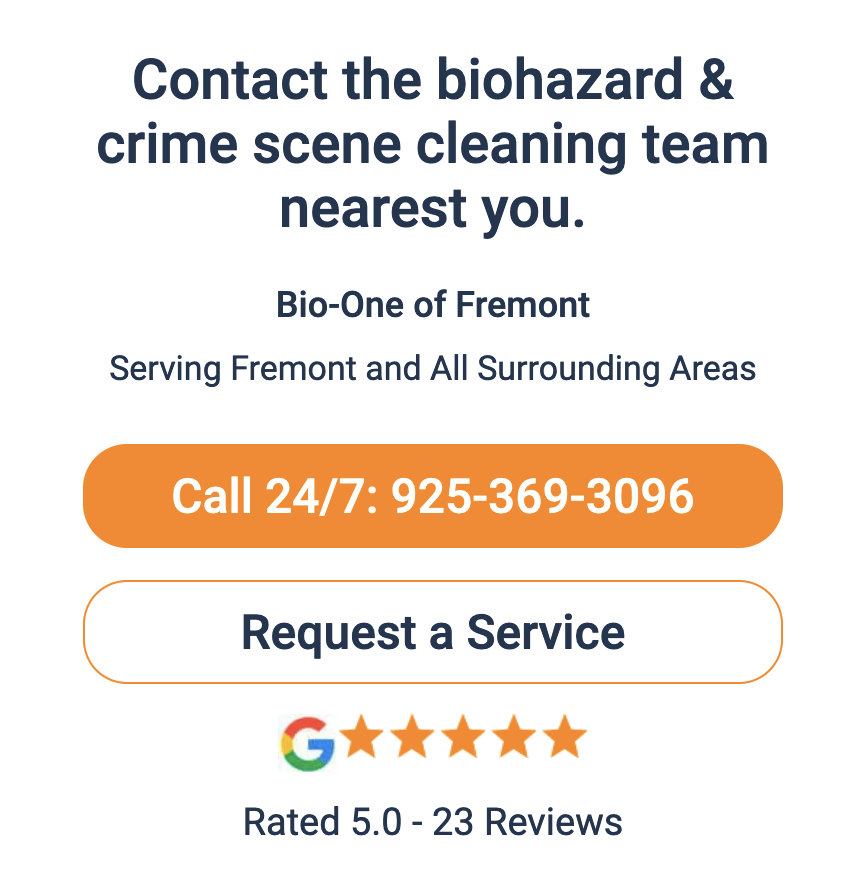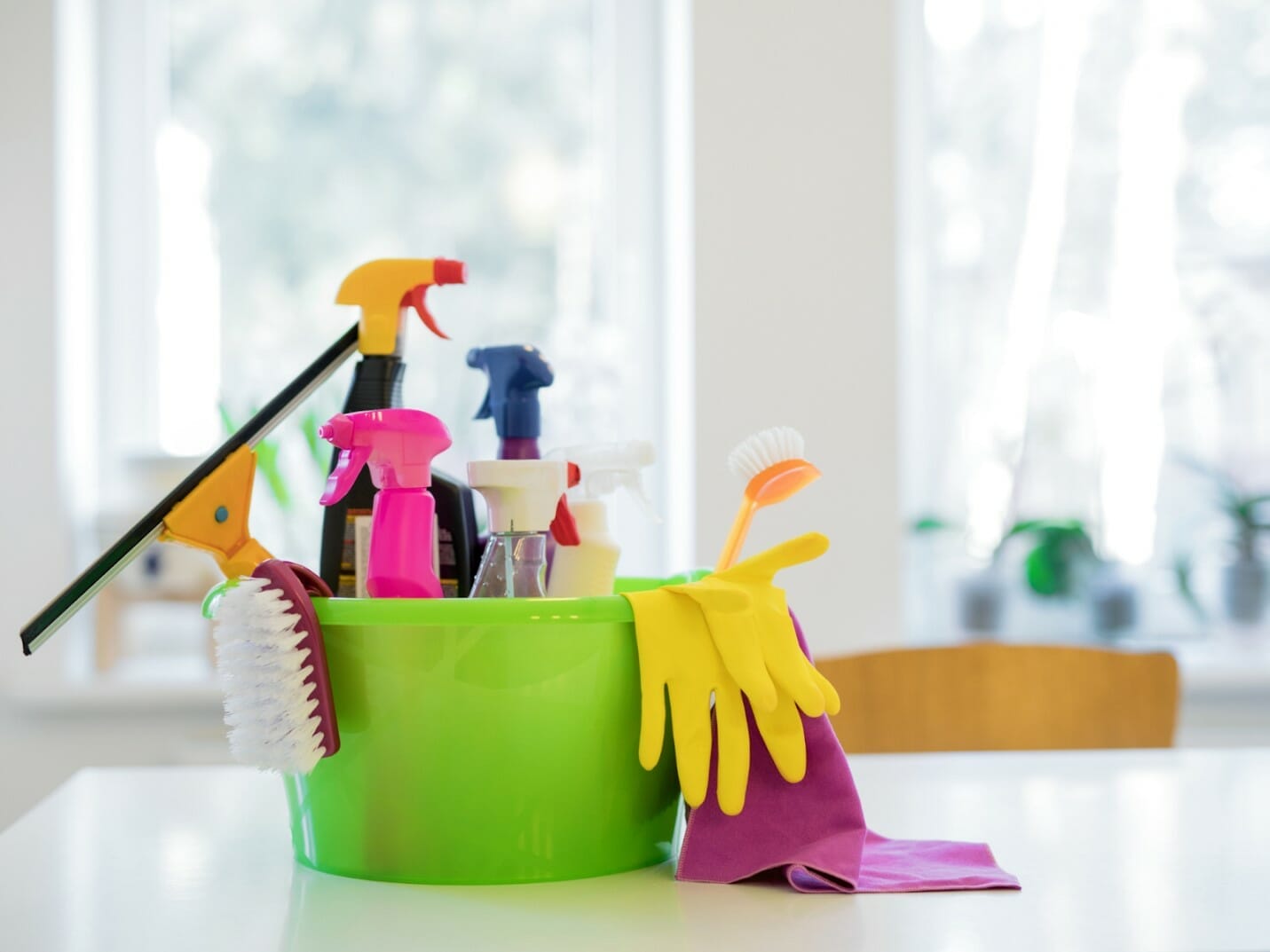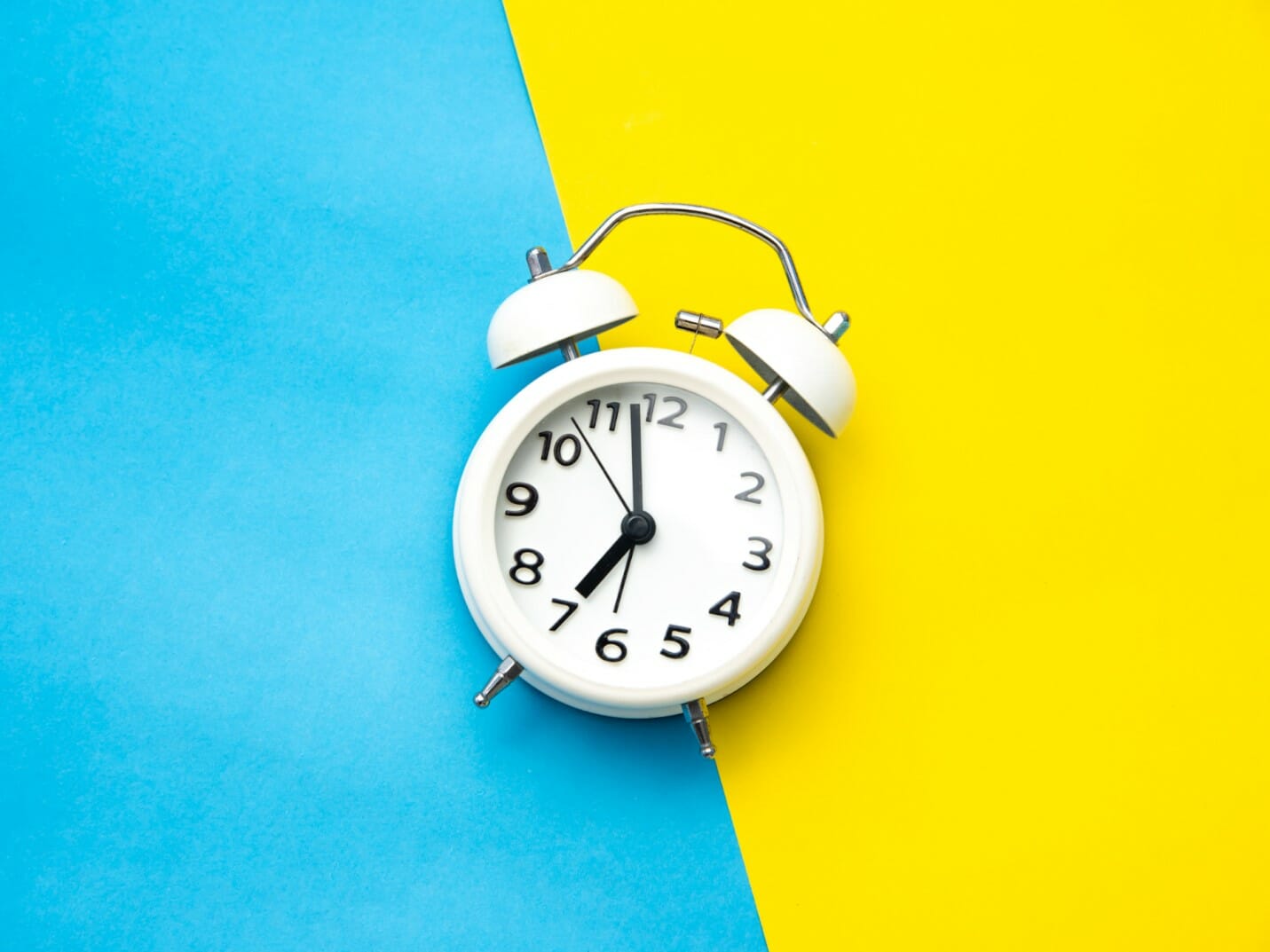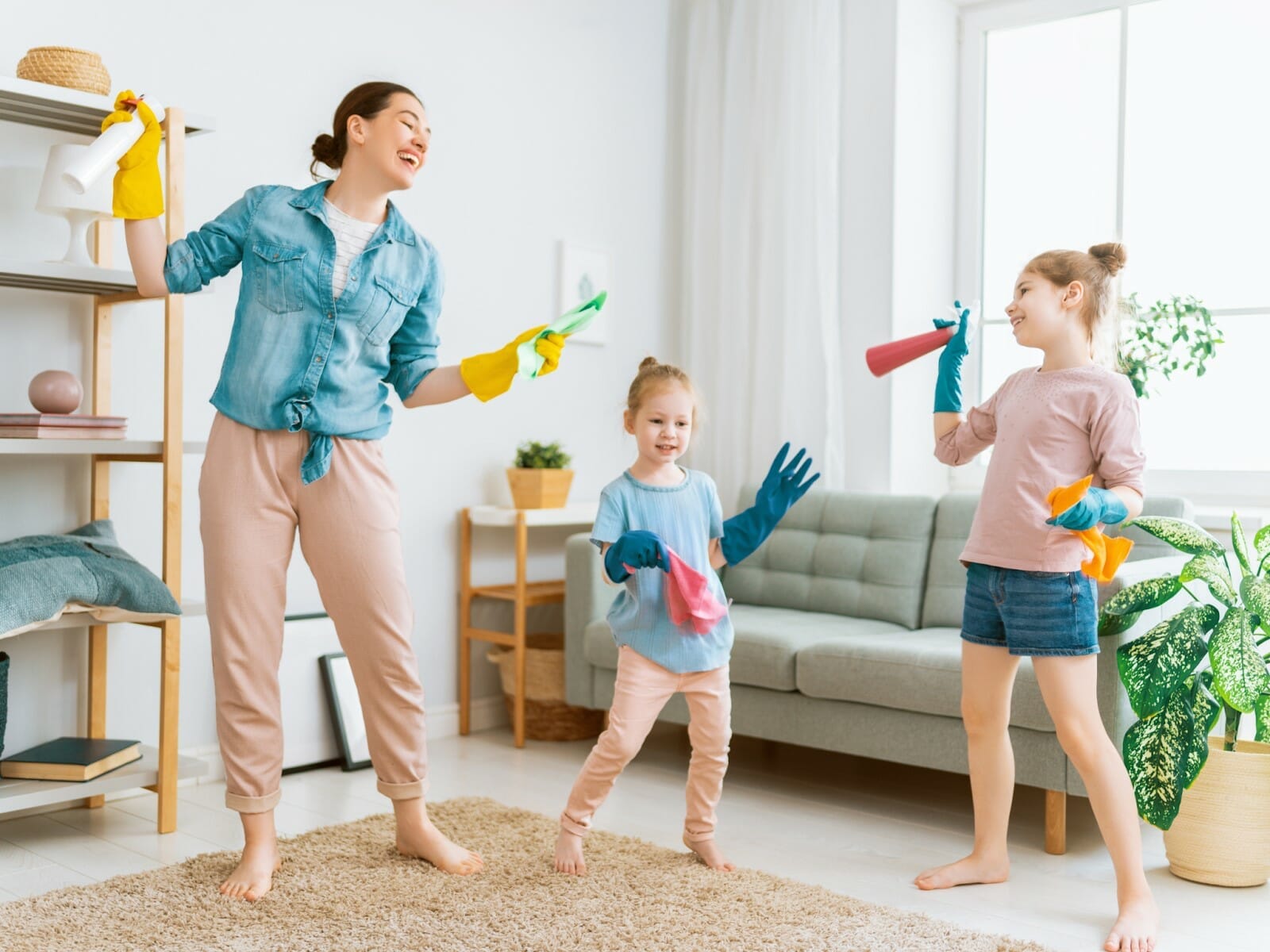In the aftermath of a crime, accident, or traumatic event, the cleanup of the scene often falls to specialized professionals trained to handle biohazards and hazardous materials. However, unlike many other industries, crime scene cleanup operates within a regulatory gray area, where oversight and standards vary widely across jurisdictions. This lack of uniform regulation raises concerns regarding safety, service quality, and ethical practices within the industry.
One primary challenge stemming from this lack of regulation is the potential for inconsistencies in training and certification standards among crime scene cleanup companies. While some states may have certification programs or voluntary guidelines, there is no standardized national framework governing the qualifications and training requirements for individuals entering the field. Consequently, there may be disparities in the level of expertise and professionalism among cleanup providers, posing risks to both workers and the public.

Moreover, the absence of regulatory oversight can lead to ethical concerns regarding the exploitation of vulnerable individuals in distressing situations. Without clear guidelines, unscrupulous companies may engage in price gouging, predatory marketing tactics, or substandard practices, taking advantage of clients' emotional vulnerability during times of crisis. This underscores the urgent need for standardized regulations to protect consumers and ensure ethical conduct within the industry.
Furthermore, the lack of regulatory oversight may hinder efforts to enforce health and safety standards in crime scene cleanup operations. Biohazardous materials present significant risks of exposure to bloodborne pathogens, toxins, and infectious diseases, necessitating strict protocols for handling, disposal, and decontamination. Without regulatory mechanisms to monitor compliance with these standards, there is potential for lapses in safety practices, putting both cleanup workers and the public at risk.
In conclusion, the absence of regulation in crime scene cleanup represents a critical gap in oversight that poses risks to safety, service quality, and ethical conduct within the industry. To address these concerns, there is a pressing need for comprehensive regulatory frameworks at the state and national levels, establishing clear standards for training, certification, safety protocols, and ethical practices. By implementing robust regulatory measures, we can ensure that crime scene cleanup operations uphold the highest standards of professionalism, safety, and integrity, providing essential services to communities in times of need.
In times of family crisis, such as the loss of a loved one, unattended death, or a traumatic crime scene, the last thing you want to worry about is the cost of cleaning and restoring your property. Fortunately, many insurance policies cover these traumatic situations, providing a lifeline for those in need. Bio-One, with over 15 years of experience in trauma and crime scene cleanup, understands the challenges and complexities associated with these situations. That's why we're dedicated to working directly with your insurance provider to make the process as smooth as possible, from opening the claim to completing the project. This not only eases the financial burden but also allows you to focus on what truly matters - moving forward.
Before delving into how Bio-One collaborates with insurance companies, it's essential to comprehend the insurance aspect of trauma and crime scene cleanup. Many standard homeowners' and renters' insurance policies cover the costs associated with the restoration of properties affected by traumatic events. These policies aim to provide financial relief to those dealing with the emotional and physical aftermath of such incidents.
When a traumatic event occurs, you may be dealing with immense grief and emotional stress. During this challenging time, handling insurance claims and the logistics of cleanup can be overwhelming. This is where Bio-One's insurance coordination services come into play.
Bio-One's primary goal is to provide a safe and habitable space for you and your family as quickly as possible. When insurance companies are involved, we ensure that the cleanup and restoration process proceeds without unnecessary delays. By working directly with your insurer, we minimize any financial barriers that might impede your ability to return to normalcy.
This approach not only simplifies the insurance process but also allows you to focus on the emotional healing and recovery that come with traumatic events. Grieving, coping, and finding support are essential steps on your journey, and Bio-One aims to facilitate them by handling the logistical aspects of trauma and crime scene cleanup.
In times of family crisis, insurance coverage can be a vital lifeline, and Bio-One understands the importance of leveraging this support. Our experienced team of insurance coordinators will work tirelessly to ensure that your property is returned to a safe and habitable state. By collaborating directly with your insurance company, we aim to make the process as seamless as possible, allowing you to focus on moving forward and finding healing during challenging times. Bio-One is here to provide not only restoration but also peace of mind when you need it most.

Whether or not you’ve actually done it, spring cleaning is backed up by centuries of tradition. Many cultures bring a spring cleaning period into their yearly rhythms. For all cultures, the kickoff for spring cleaning is marked by longer days and more sun.
As sunlight hours increase, our bodies produce less melatonin, helping us feel more awake after months of cozy winter slowness. We also have more daylight to accomplish tasks we’ve been putting off.
Even if spring cleaning isn’t part of your personal yearly traditions, you can start now.
With so many blogs, books, and shows promoting organization, resources with ideas are everywhere. Keep reading to learn about our favorite spring cleaning strategies.

The most important step is knowing where to start. Take a walk around your house and decide what needs attention first.
If you’re a list-maker, you can write down your plan of attack. (Or you can just follow the messy vibes.) Knowing your focus makes it easier to jump in and get the work done.
You can also make a list of which days you want to accomplish certain tasks. Choosing just one room, drawer, or cupboard that you want to clean each day can make the entire process less overwhelming. The important thing is that you are moving forward!
It’s hard to clean when you don’t have what you need.

Make sure any cleaning tools or chemicals you need are in an easy-to-find place. It can be helpful to have a caddy or bucket that you can bring from room to room.
Make sure you have what you need, but don’t go overboard. It’s easy to turn a need for supplies into a shopping trip or a reason to procrastinate.
Don’t fall into that trap!
If you don’t have what you need to deep clean today, you don’t have to wait to get started. You can still put items away or, better yet, find items to get rid of.
Most of us don’t have the time or the desire to go on a cleaning rampage. We have limited time and many responsibilities. (But if you’re a person who works well by focusing and cleaning all day, more power to you!)

For the rest of us, setting a timer can be an effective way to get your spring cleaning done, a little bit at a time. Choose an area to clean and a set amount of time (we suggest starting with just 15-20 minutes). Get your timer going and then work hard until it goes off.
Go back to the same area each day with your same timer strategy until it’s clean. Only then is it time to move on to the next part of your home.
Bit by bit, the mess will disappear.
Having a clean home is its own reward, but building some kind of treat into the process always helps. Here are some ways to treat yourself:

Just be cautious about buying yourself something as a cleaning reward.
Often, having too much stuff is the reason our homes get out of hand in the first place. Try to find some other way to pat yourself on the back.

Scientific research shows that making our dreaded tasks into games can help us be more productive and motivated. There are many apps available that reward users for their accomplishments by letting them progress in a game or giving them a virtual gold star.
You don’t need an app to gamify your spring cleaning, however. There are dozens of analog ways to make cleaning into a fun challenge. Here are a few of our favorites.
Brackets are everywhere in the spring, and you can use them to motivate yourself even after the March Madness finals. Download a bracket and fill it out. There are a number of ways you could apply this to spring cleaning:
The ultimate challenge winner gets to decide where everyone goes out for dinner or a treat.
Sometimes, we have so much stuff it’s hard to know where to put it or keep our spaces clean. With the 4-Box Technique, you’ll take four boxes into a room and label them:
Go through the space and categorize all the items that don’t belong in that space (the ones that do belong can be put away immediately).
The trick here is to make sure you deal with your four boxes right away. Don’t let boxes pile up in your home.
Put the stuff you’re keeping in the right place:
For days when you’re overwhelmed or short on time, the 21-Item Toss is the perfect way to get a little bit of decluttering done in as little as 5 minutes.
Grab a garbage bag—or one of the plastic grocery bags so many of us stow under the sink. Walk through your home and find 21 things to throw away. You can gamify it by timing yourself.
Don’t think too hard—if you don’t use it or need it, out it goes!
If you feel like you can’t deal with your home situation on your own, Bio-One has your back. Our discreet team of compassionate, expert cleaners can help you with your home situation—no mess is too big.
Call us today for a consultation.

Bio-One teams across the U.S. answer calls to help their communities and remediate a variety of scenes. In our new blog series, we'd like to bring you into the Bio-One world by sharing stories of the unique and important work we do for local communities.
Here is Week 5 of our Bio-One Weekly Wrap-Up.
Chocolate Spill Makes for a Sweet Cleanup
In Scranton on March 25, Juan and Nicole Morales received a call for a "chocolate" cleanup. Assuming this was code for a sewage back-up, they rushed to scene to find a different situation entirely. Approximately 100 gallons of milk chocolate had spilled, covering asphalt outside a local business.
This is certainly the sweetest smelling job a Bio-One office has ever taken, but Nicole clarified, "That smell was nice for the first few minutes but at the end I felt sick. Good thing we had an awesome team that pushed through and got this done!"
After scraping the chocolate with a forklift and pressure washing the area, the Bio-One team received a five-star review. Well done!


Behind the Scenes with Citizen's Academy
Many Bio-One owners sign up for their local Citizen's Police Academy to acquaint themselves with the activities of their local police department. This week, Bio-One owner, Ginger Akemon, in Jacksonville, FL earned her Citizen's Police Academy certificate from the Clay County Sheriff's Office.
"Definitely a learning process. Each County has their own, my goal is to go to each county's classes. This was 10 weeks long and over an hour drive each way, but well worth it, " said Ginger.
Hoarding Transformation in Long Beach
In Long Beach, the Bio-One team has been working hard on several hoarding projects. These before and after pictures show the detail and expertise our teams bring to each job.

Bio-One teams across the U.S. answer calls to help their communities and remediate a variety of scenes. In our new blog series, we'd like to bring you into the Bio-One world by sharing stories of the unique and important work we do for local communities.
Here is Week 3 of our Bio-One Weekly Wrap-Up.
Five 30 Yard Dumpsters
The team in Pensacola has been working non-stop on a two story home that required Bio-One hoarding services. Over the course of five days, they filled five 30 yard dumpsters, and found multiple antique pieces, photographs, sentimental items and cash that was promptly turned over to the client.
Look through the transformation photos on their Facebook page!
Backing the Blue in Omaha
The Bio-One team in Omaha dropped off bagels at the Omaha Police Department just before roll call, and Vanessa Urbach, the civilian crime and prevention specialist, tweeted a "Thank You" with shoutouts to Bio-One. Joining the conversation was our own Bio-One Twitter handle, Deputy Chief Ken Kanger, host of the What's Up Omaha Podcast, and a number of other officers in the department.
Kudos to the Omaha team for backing the blue!
Safety First
Before Bio-One teams can help first, we have to ensure safety for every technician on the job site. This week, Bio-One owners took part in conversations about safety. Topics ranged from preventing common injuries on the job to attending OSHA training with Bob Easter. Jared Lafferty, Bio-One owner in Gwinnett County, even took the conversation to Twitter and featured safety protocols his team uses while on the job.
We couldn't be prouder of our teams for putting safety first!